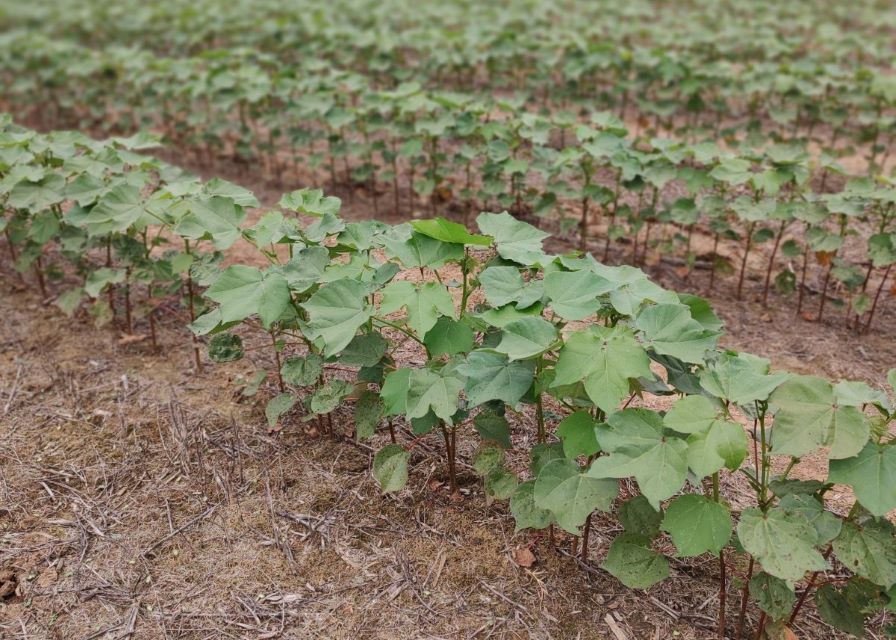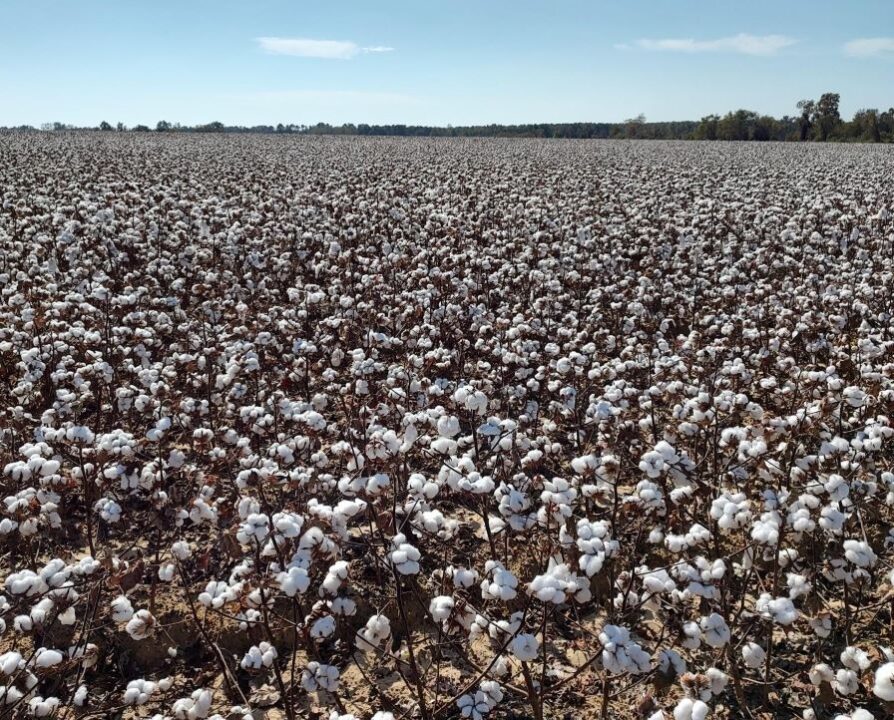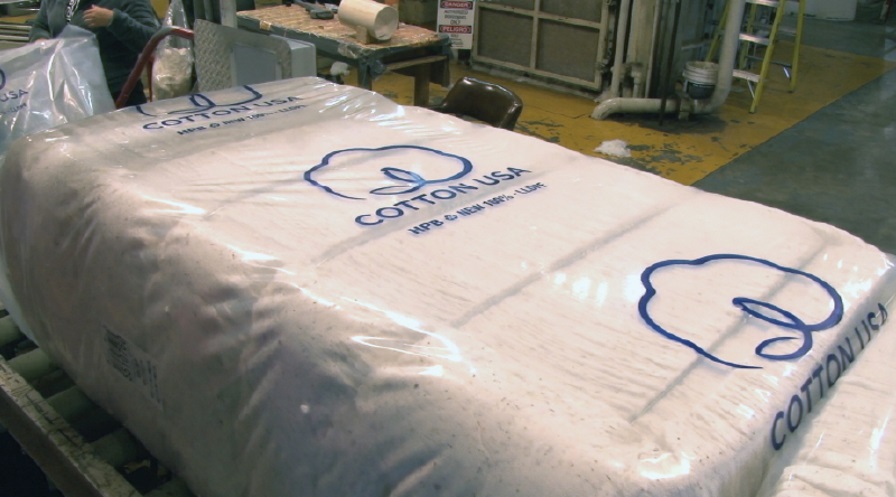Thirteen Cotton Producers Join 2015 NCC Policy Education Program
Thirteen U.S. cotton producers have been selected to participate in the 2015 National Cotton Council Policy Education Program (PEP).
Supported annually since 1999 by Syngenta through grants to The Cotton Foundation, PEP gives participants an opportunity to learn more about industry issues and the NCC’s policy development and implementation process. Participants also receive communications training as part of NCC efforts to identify, train and maintain capable industry spokespersons.
This year’s participants are Thomas Ater, Vidalia, LA; Brent Coker, Lubbock, TX; Trey Davis, Doerun, GA; William Dunlow, Gaston, NC; Jesse Flye, Jonesboro, AR; Kim Fryer, Frederick, OK; Mark Grant, Garysburg, NC; Richard Heiden, Buckeye, AZ; Garrett Jones, Albany, GA; John McDowell, Shamrock, TX; Joe Posey, Roby, TX; Michael Roane, Burlison, TN, and Nick Seaton, Meadow, TX.
More than 200 cotton producers have taken part in PEP over the past 16 years.
The first 2015 PEP session brings the program participants to the NCC Annual Meeting, February 6-8 in Memphis, to observe the formulation and implementation of NCC policy and resolutions that guide the organization’s efforts as it manages issues that confront the industry during the year.
In mid-July, the group will travel to Greensboro, NC, and to Washington, DC. While in Greensboro, they will participate in a series of meetings with Syngenta’s management team, tour research facilities and receive communications training. In the nation’s capital, the group will visit with House and Senate agriculture committees’ staff, meet with USDA officials and get briefed by NCC Washington operations staff.
John Gibson, the NCC’s Member Services director and PEP coordinator, said Syngenta’s continued support of this program has enabled more than 200 American cotton producers to increase their understanding of how the NCC functions and advocates for the U.S. cotton industry. He said this includes providing program participants with a deeper understanding of federal farm policy, trade, environmental and other issues, as well as global market development programs.
“The additional insight into industry issues and activities that participants gain from this program helps the Council,” Gibson said. “This program is providing us with a larger base of producers who can more effectively advocate industry needs and relay concerns that threaten industry profitability with lawmakers and key government officials.”
Source – National Cotton Council









